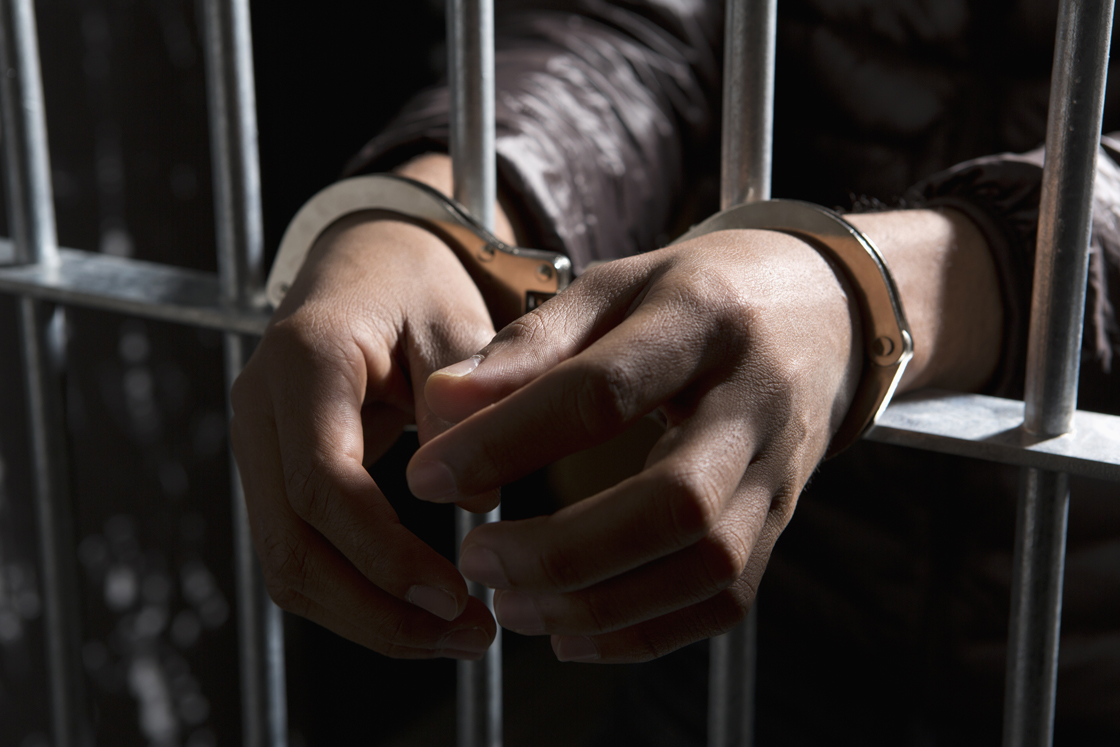A troubling study from the University of Manitoba released today suggests one of the strongest predictors of a youth in Manitoba running into problems with the law is whether or not they’ve spent time in the child welfare system.

The study is particularly impactful in the province, given Manitoba has some 10,000 children in its care — the highest in the country, most of whom are Indigenous.
It shows that nearly one-third of children who spent any amount of time in the care of Child and Family Services (CFS) were charged with a crime between the ages of 12 and 17.
Furthermore, by the age of 21, almost half had been charged with a criminal offence — more than had completed high school (nearly two-thirds didn’t graduate).
It is important to note almost half of the total charges against youth in care were “administrative,” which could include breaching probation, staying out past curfew, associating with certain individuals, or drinking alcohol.
“We found a very strong association between being taken into CFS care and becoming involved in the youth criminal justice system,” said Dr. Marni Brownell,the study’s lead author and professor of community health sciences and senior research scientist at the Manitoba Centre for Health Policy (MCHP), in a news release.
“This does not prove that being in care causes justice system involvement. But it quantifies the substantial overlap between the two systems, which Indigenous leaders have been talking about for decades.”
- B.C. officer alleged sexual assault, CSIS had her investigated
- Alberta to overhaul municipal rules to include sweeping new powers, municipal political parties
- Military judges don’t have divided loyalties, Canada’s top court rules
- Norad looking to NATO to help detect threats over the Arctic, chief says
Researchers focused on 18,000 anonymous Manitoba children born in 1994.
They noticed a number of variables that pointed to a stronger likelihood a child would eventually be charged with a crime, including: being male, First Nation or Metis, having a mental illness, and being in a group home as opposed to with foster parents.
Additionally, the more times a child was taken into care, the higher the probability they would face charges.
The authors point out that “it is the barriers our society places in front of Indigenous people that put their children at risk.”
The study points to historical and ongoing colonial policies, systemic racism, chronic underfunding of prevention and support services for Indigenous communities, and structural violence — described in the report as “policies and structures that operate to deny basic human rights to specific populations,” or deny some the resources necessary to reach their full potential.
The authors describe them as “cross-over kids,” children who were involved with both the child welfare and youth justice systems.
Compared to those who had not been involved with both systems, they were found to be more likely to have a mental illness or developmental disability, more likely to die by age 21, and more likely to be First Nation or Metis, despite First Nation children making up less than a quarter of the whole group.
The report makes a number of recommendations, which include:
- Increase funding, supports and services to prevent children from being removed from their families and placed in care.
- Recognize that Indigenous children are greatly over-represented in these systems because of factors that include historical and ongoing colonial policies, systemic racism, chronic underfunding of services to indigenous communities, and social determinants, such as poverty, inadequate housing, and food and water insecurity.
- Acknowledge the resilience of Indigenous people and empower them to deliver their own services, in line with their own values and policies.
- Continue to monitor and report on the two-system overlap and other key statistics related to child welfare and youth criminal justice.
A summary of the report can be found here.









Comments